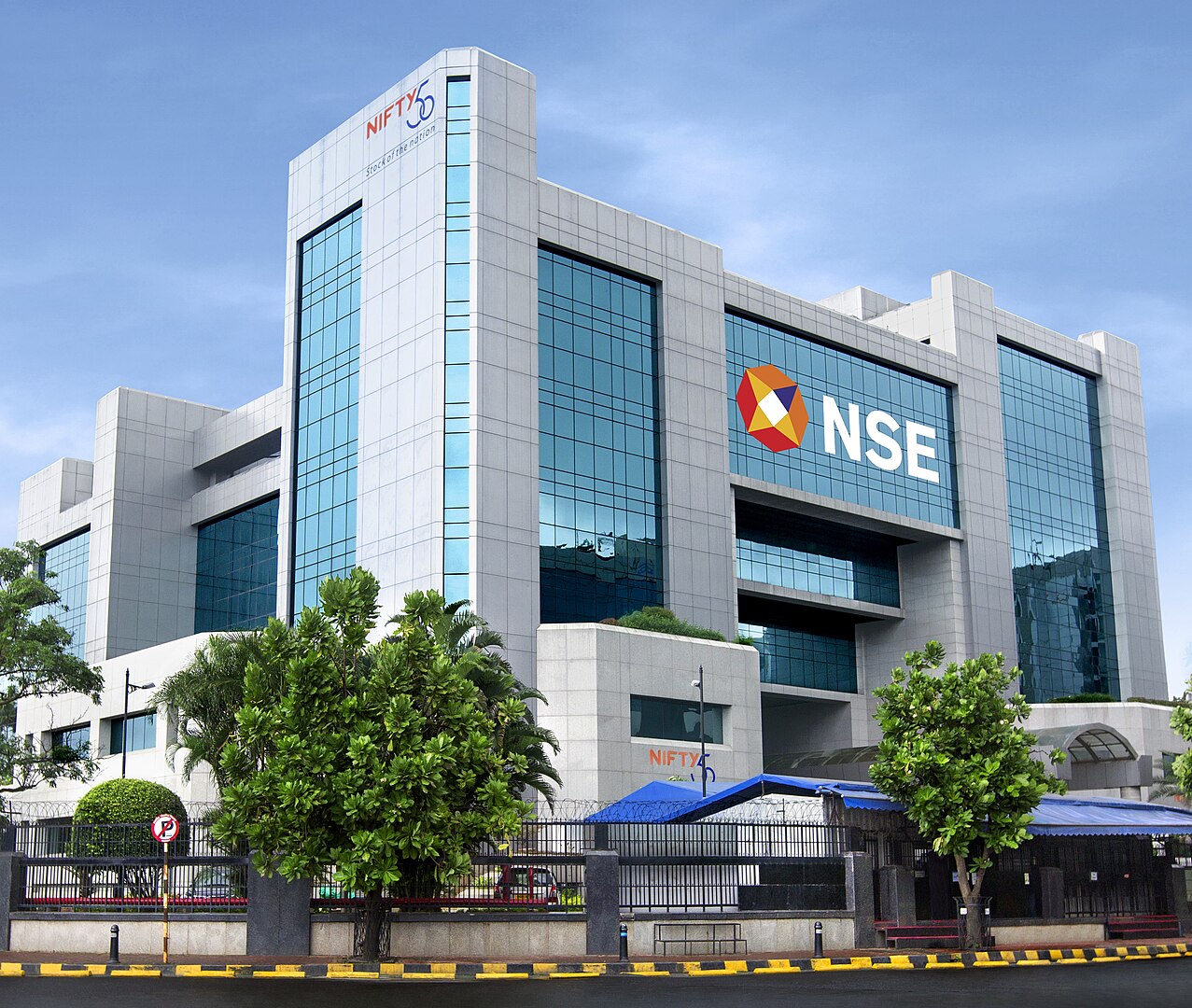 BBC News
BBC NewsBorrowing was £17.4bn last month, the second highest October figure since monthly records began in 1993.

Dinesh Dhamija
As the world polarises further into warring blocs, with Russia, China and Iran on one side and the US and Europe on the other fighting proxy battles in Ukraine and Gaza, India is forging for itself an ‘honest broker’ role.
Pacifist by nature, India has studiously avoided siding with extremist ideologies or states. During the Cold War, the country kept an open mind to Communism: it was widely tolerated in the south of India, without threatening to dominate.
In the current climate, Prime Minister Narendra Modi has pulled off the seemingly impossible trick of staying friends with Russia while being courted by US President Joe Biden, British Prime Minister Rishi Sunak and Australia’s Anthony Albanese.
For the nation’s economy and its future as an investment destination, these are very positive traits. Such is the fear of intensified disruption in the Middle East and Central Asia, with recent mini conflicts breaking out in Azerbaijan, Kazakhstan and Belarus, that a safe space for emerging market investment is at a premium.
As the Financial Times reported recently, India today is “powerfully appealing” to investors. “Over the past 30, 20, 10 and five years, the Sensex has performed as well or better than the S&P 500, leaving other big markets far behind,” it pointed out the other day. India is now more efficient, thanks to infrastructure development in roads, ports, railways and airports; electrification has reached 90 per cent of households, up from 67 per cent a decade ago. And its huge working age population is expected to rise for years to come, just as most developed economies begin to age.
Much as we in the West might wish that India put its weight behind us on Ukraine or in the Middle East, its purposeful neutrality may serve it better than any hasty favouritism.
And as democracy comes under attack in the United States from the increasingly rabid Republican party, or even in Europe with the rise of extremists such as Viktor Orban of Hungary, the world’s largest democracy gains yet more allure.
As the FT says: “The desire to allocate a meaningful slice of portfolios to the emerging world, as a source of both diversification and growth, remains.”
India has represented the best destination for this slice for a few years now. The latest eruption of conflict in the Middle East only adds to the logic of investing in the relatively stable, democratic, fast-modernising Indian economy.
Dinesh Dhamija founded, built and sold online travel agency ebookers, before serving as a Member of the European Parliament. His latest book, The Indian Century, will be published in the Autumn.